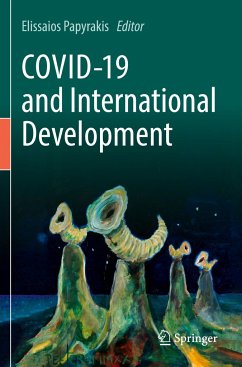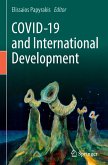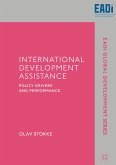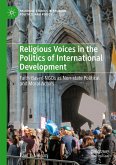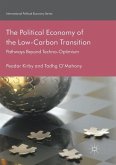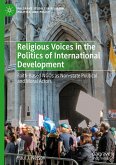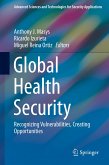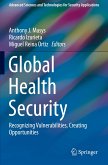The current coronavirus pandemic fundamentally reshapes existing debates and processes in international development. The unprecedented (and rapidly evolving) crisis is generating a number of substantial challenges for developing economies. Governments in low-income nations often find it extremely hard to cope with the increased demand for health services, make prompt decisions and put them into action, protect vulnerable segments of society and offer immediate relief to affected economic sectors. This book provides a series of reflective chapters that demonstrate how several areas of international development have been severely affected by the Covid-19 outbreak. It provides an in-depth critical discussion on how the current pandemic influences several development outcomes (in the domains of poverty/inequality, health, education, migration, formal/informal employment, (de)globalisation, the extractive sector, climate change, water and the global financial system). Each chapter draws policy recommendations on relevant interventions that can alleviate the identified negative repercussions of the Covid-19 pandemic, especially for the most vulnerable communities in the Global South.

